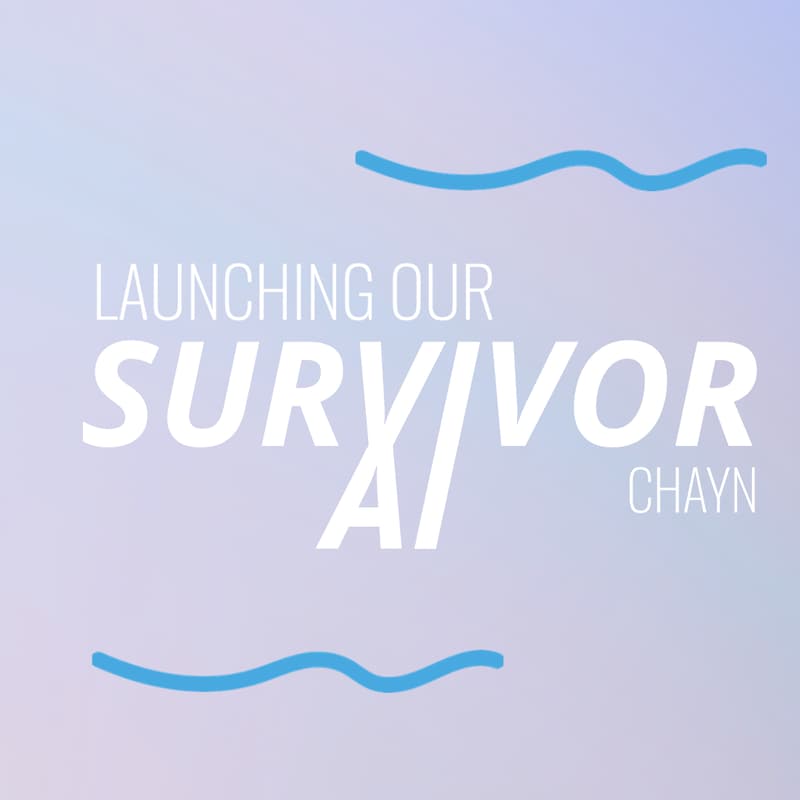Survivor AI Launch Party (In-person)
On 30 September, Chayn will launch Survivor AI, a groundbreaking feminist AI tool that empowers survivors of image-based abuse to request takedowns of harmful content from platforms. When built well, at Chayn, we’ve always believed that technology can be a force for good. For over a decade, we’ve created digital resources to support over 700,000 survivors of gender-based violence around the world. But we also know that technology is too often weaponised as a tool of abuse. From image-based abuse to deepfakes, tech-facilitated violence is now a daily reality for survivors everywhere.
That’s why we built our Survivor AI.
What is Survivor AI?
Survivor AI is a free tool that helps survivors of image-based abuse take back power. It creates formal takedown letters for websites hosting intimate content shared without consent — using policy-based language that platforms are more likely to take seriously.
Built with and for survivors, Survivor AI is rooted in trauma-informed design, shaped by nearly a year of consultations, testing, and survivor feedback. It shows that AI can be built differently, with survivor-led, trauma-informed principles at its core.
Why attend?
Watch a live demo of our Survivor AI in action
Learn how trauma-informed design shaped every step of the build
Explore our new ethical AI resources for changemakers
Meet & network with like-minded professionals who have tech4good on the brain
Join a Q&A with the Chayn team about what comes next
This event is ideal for:
Practitioners and colleagues working on gender-based violence
Tech sector allies who want to support survivor-led innovation
Anyone curious about how to build ethical, equitable AI and technology
We invite you to join us for the in-person launch on 30 September at 17:00, Berlin Global Village. The event will gather organisations working in gender-based violence, digital rights, and AI for good. Drinks and snacks will be served as we connect, celebrate, and explore ways to create safer digital spaces.
Together, we can ensure that the future of tech is for healing, not harm.
